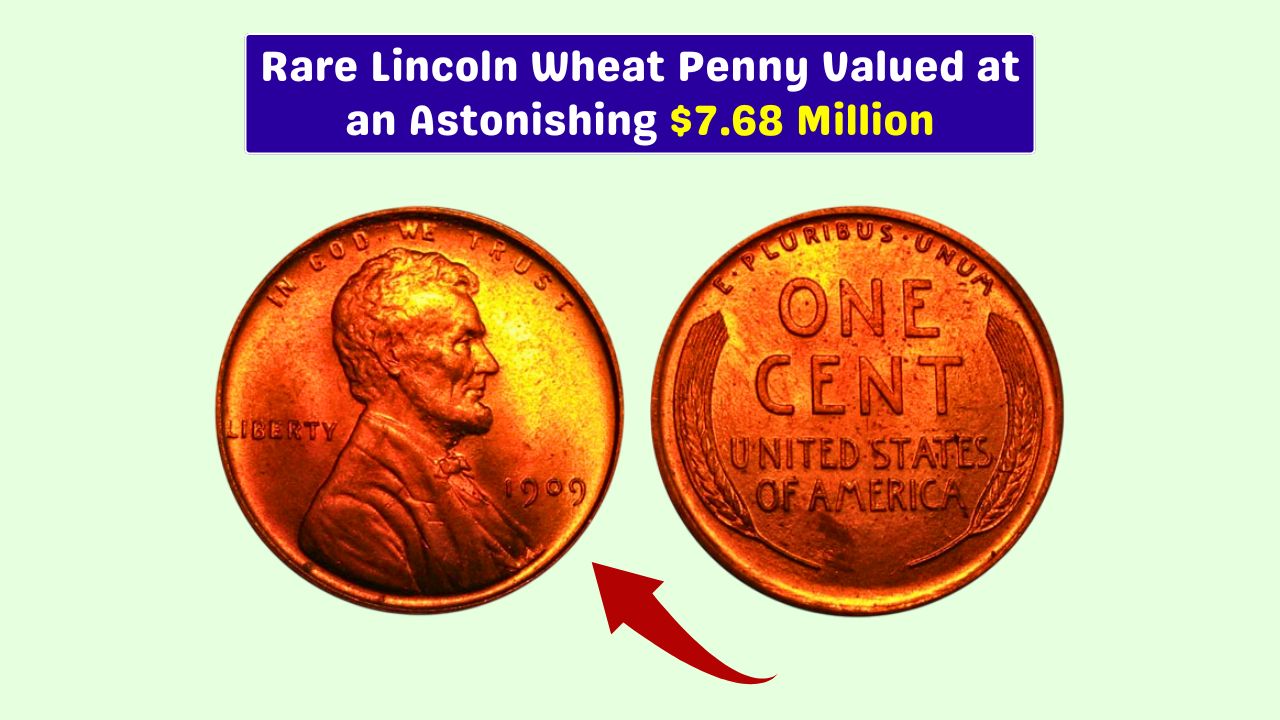Personal Independence Payment (PIP) is a lifeline for many individuals in the UK living with long-term health conditions or disabilities.
For seniors approaching State Pension age, knowing how PIP works — and when it switches to Attendance Allowance — is key to ensuring financial support continues without interruption. Let’s break it all down in simple, clear terms.
Table of Content
Overview
Here’s a quick snapshot of PIP for seniors:
| Key Information | Details |
|---|---|
| Maximum Annual Payment | £5,285 |
| Eligibility Age Range | 16 years to State Pension age |
| Payment Components | Daily Living and Mobility Components |
| Payment Frequency | Every 4 weeks |
| Application Process | Phone or online + assessment |
| Official Information | gov.uk – PIP page |
PIP helps cover extra costs that come with health challenges. If you are over the State Pension age, however, you’ll need to apply for Attendance Allowance instead.
Meaning
PIP is designed to support people facing additional expenses because of health conditions or disabilities. It’s split into two parts — one to help with daily living tasks like eating and washing, and another to assist with mobility issues.
For seniors not yet at State Pension age, PIP offers much-needed financial relief, ensuring they can maintain their independence and quality of life.
Eligibility
You must meet these basic criteria to qualify for PIP:
- Be aged between 16 and State Pension age
- Have lived in the UK for at least two of the last three years
- Have a long-term physical or mental health condition lasting at least 3 months and expected to continue for another 9 months
- Face challenges in daily living or mobility due to your condition
Once you hit State Pension age, Attendance Allowance replaces PIP for ongoing support.
Components
PIP payments are made up of two parts:
- Daily Living Component
Helps with personal tasks like cooking, washing, and medication management.
| Rate | Amount per Week |
|---|---|
| Standard | £73.89 |
| Enhanced | £110.40 |
- Mobility Component
Supports travel and movement-related needs.
| Rate | Amount per Week |
|---|---|
| Standard | £29.19 |
| Enhanced | £77.04 |
You can qualify for one or both components, depending on your needs.
Example
Suppose a senior needs assistance both with daily living and getting around. They could qualify for:
- £110.40 (Daily Living Enhanced) + £77.04 (Mobility Enhanced)
- That totals £187.44 per week, or about £9,779 annually.
If only eligible for the standard rates, the payment would come to around £5,285 per year.
How to Apply
Applying for PIP involves a few simple steps:
- Contact the DWP
Call 0800 917 2222 or apply online at the gov.uk PIP page. - Fill Out the Form
You’ll get a form asking detailed questions about how your condition affects your daily life. - Attend an Assessment
A health professional will evaluate how your condition impacts your ability to perform tasks. - Wait for a Decision
The DWP will send you a decision letter explaining if you’re approved and at what rate.
Stay honest and detailed throughout the process — it’s crucial for success.
Payment Dates
PIP is paid every four weeks directly into your bank account. Your specific payment date usually depends on your National Insurance number.
If a payment issue arises, contact the DWP promptly to sort it out before it affects your regular income.
Seniors
Once you reach State Pension age, you can no longer apply for PIP but can switch to Attendance Allowance, which supports personal care needs but does not cover mobility.
Attendance Allowance rates:
| Rate | What It Covers |
|---|---|
| Lower Rate | Daytime or nighttime care needs |
| Higher Rate | Day and night care needs |
Visit Age UK or the gov.uk website for more on Attendance Allowance applications.
Mistakes
Avoid these common errors when applying for PIP:
- underestimating your needs: be clear and specific about the help you need
- missing deadlines: always send back forms promptly and keep copies
- lack of preparation for assessment: practice explaining your daily challenges beforehand
- not providing medical evidence: include letters, reports, or prescriptions to back your claim
- not challenging a wrong decision: if you disagree, request a mandatory reconsideration or appeal
Knowing the ins and outs of PIP ensures you or your loved one can access the support needed to live more comfortably and confidently.
FAQs
Who is eligible for PIP?
Individuals aged 16 to State Pension age with long-term health conditions.
What is the maximum PIP payment per year?
Up to £5,285 annually.
How often is PIP paid?
Every 4 weeks into your bank account.
Can seniors over State Pension age get PIP?
No, they must apply for Attendance Allowance.
What documents help a PIP claim?
Medical reports, prescription lists, and letters from doctors.









